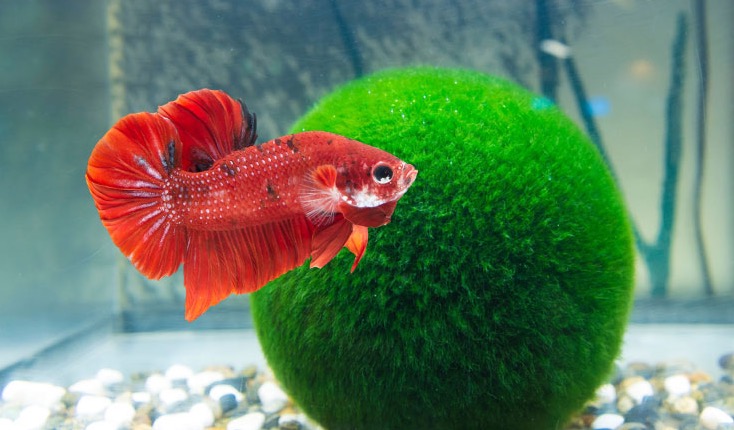How Long Do Betta Fish Live?

How long do betta fish live? Betta fish are known for their vibrant colors and captivating personalities, making them a favorite among aquarium enthusiasts. With proper care, these fascinating fish can outlive the common expectations of 2-4 years, sometimes thriving for 5 years or more.
Just like humans, betta fish inherit genetic traits that influence their potential lifespan. Store-bought bettas often come from mass breeding operations, where selective breeding for appearances (like long fins and bright colors) can sometimes compromise health. On the other hand, bettas from reputable breeders are often healthier and have a better chance of living longer.
Here’s how you can ensure your betta lives a full and happy life.
Quick Tips for Extending Your Betta’s Lifespan
Here’s a checklist to help your betta live its best life:
- Invest in a Proper Tank: Use a 5+ gallon aquarium with a heater and filter.
- Maintain Pristine Water Quality: Perform regular water changes and monitor parameters with a test kit.
- Feed a Balanced Diet: Provide high-quality pellets and occasional protein-rich treats.
- Create a Stimulating Environment: Add plants, hiding spots, and decorations to enrich your betta’s habitat.
- Avoid Overcrowding: Keep your betta alone or carefully introduce peaceful tankmates like snails or shrimp.
- Stay Observant: Watch for changes in behavior, appetite, or appearance, which could indicate stress or illness.
How To Ensure Your Betta Lives a Long & Healthy Life
Water Quality
Click here to make sure your aquarium water is good
Clean, stable water is essential for your betta’s health. Poor water conditions can stress your fish and lead to illness, significantly shortening its lifespan. Here’s what to aim for:
- Temperature: 78-82°F
- pH: 6.5-7.5
- Ammonia: 0 ppm
- Nitrite: 0 ppm
- Nitrate: Below 20 ppm
Perform weekly water changes (25-50%) and use a filter to maintain these parameters consistently.
Tank Size and Setup
Betta fish need space to swim and explore. A minimum tank size of 5 gallons is recommended, along with the following:
- Hiding Places: Add caves, plants, or decorations for enrichment and to reduce stress.
- Lighting: Use soft lighting to mimic natural conditions.
- Substrate: Fine gravel or sand to create a natural, comfortable environment.
Diet and Nutrition
A healthy diet is crucial for your betta’s longevity. Bettas are carnivores and require a protein-rich diet. Offer:
- High-quality betta pellets or flakes as a staple.
- Frozen or live foods like bloodworms, brine shrimp, or daphnia as occasional treats.
- Avoid overfeeding; 2-3 small meals per day are sufficient.
Stress Management
Stress is one of the leading causes of premature death in bettas. Common stressors include:
- Aggressive Tankmates: Bettas are territorial and prefer living alone.
- Inadequate Hiding Spots: Provide plenty of decorations or plants for security.
- Sudden Environmental Changes: Maintain stable water conditions and avoid drastic temperature shifts.
Disease Prevention
Bettas are susceptible to illnesses like fin rot, swim bladder disease, and ich. Preventative measures include:
- Keeping the tank clean with regular maintenance.
- Observing your fish daily for early signs of illness.
- Quarantining new tankmates or plants to avoid introducing pathogens.
Common Myths About Betta Lifespan
- Myth 1: Bettas thrive in small bowls.
- Fact: Small, unfiltered bowls can quickly accumulate toxins, leading to poor health and shorter lifespans. A larger, filtered tank is essential.
- Myth 2: Bettas don’t need heaters.
- Fact: Bettas are tropical fish and require stable, warm water temperatures between 78-82°F.
- Myth 3: Bettas don’t live long, no matter what.
- Fact: While genetics play a role, proper care can dramatically extend their lifespan.
Caring for a betta fish is both rewarding and fulfilling. By providing a clean, enriching environment and meeting their nutritional and social needs, you can ensure your betta lives a long and healthy life. Remember, the key to their longevity is in your hands. Take the time to nurture your betta, and they’ll reward you with years of companionship and beauty.
